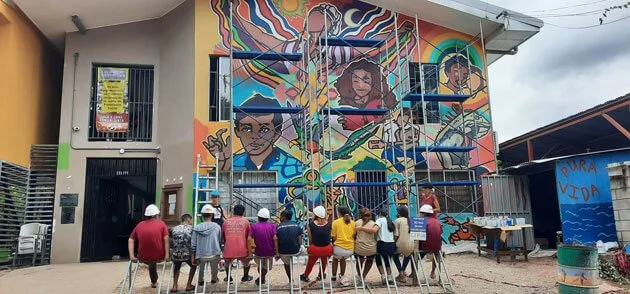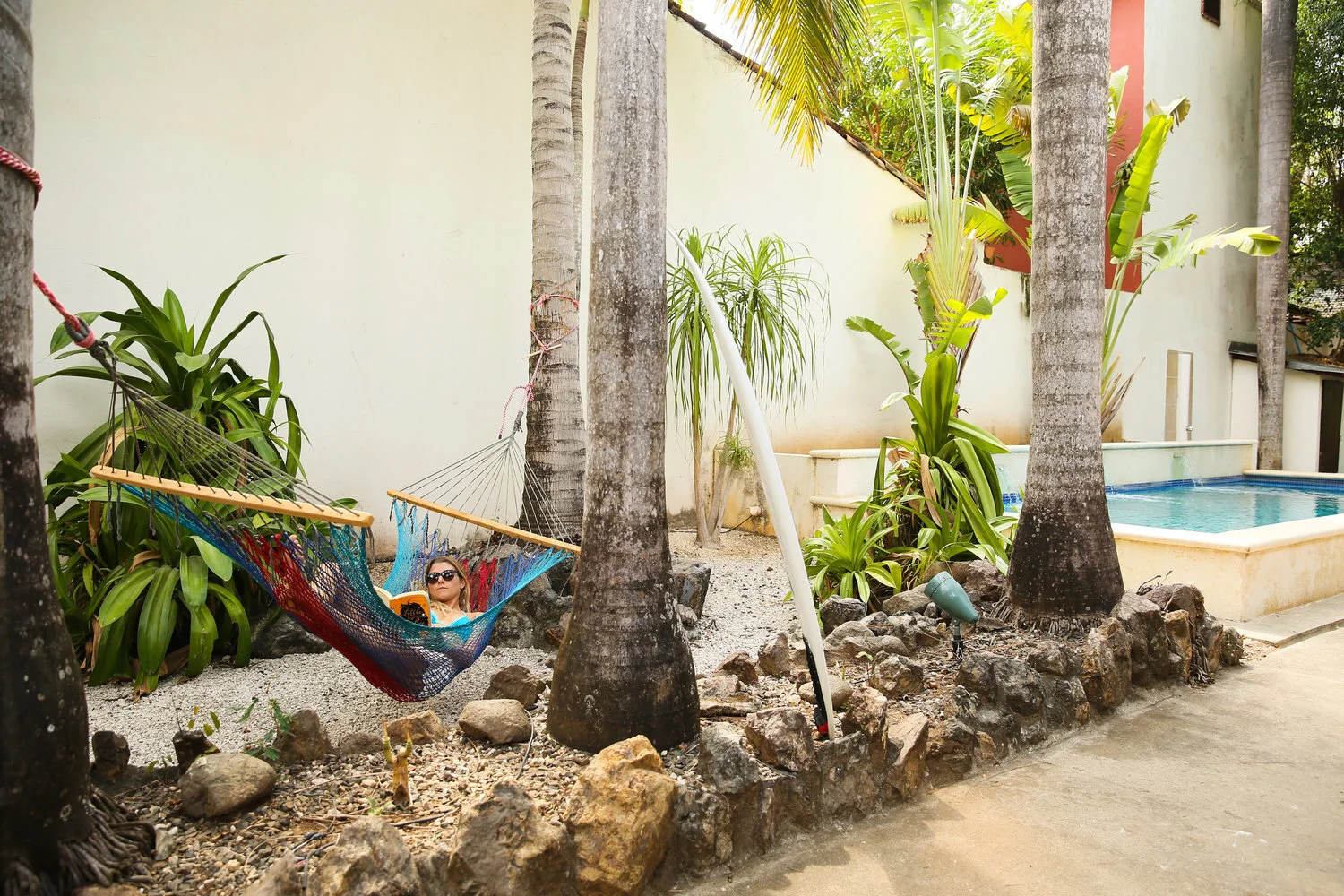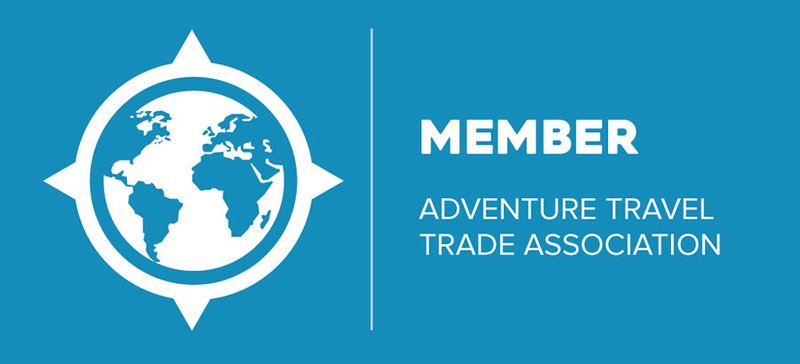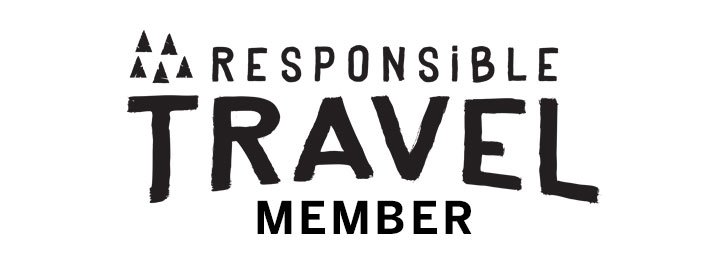Written by: Sophie Echeverry
We are very proud to partner with CEPIA for our Pura Vida in Costa Rica & Playa Grande Beach Getaway itineraries. Since 2005, CEPIA has been helping children in the Guanacaste province of Costa Rica by offering educational opportunities in reading, math, English, social skills, sports, arts and more, as well as nutritional support, legal support, medical and psychological care, and further work with parents. Find out more about their incredible impact and the projects your community partner donation supports in this Q&A with founder Laetitia Deweer.
CEPIA’s Mission
What are the primary objectives, projects, and goals of CEPIA?
Building Brighter Futures for Costa Rica’s Youth
CEPIA (Culture, Education and Psychology for Infants and Adolescents) is a nationally accredited non-profit organization since 2005 that promotes cultural development, educational and labor opportunities, physical and mental health, social cohesion and participation of children, teenagers, their families, and adults from poor backgrounds in Costa Rica to improve their quality of life. CEPIA supports over 2000 children annually, including work with teenagers and adults, with 15 comprehensive programs throughout Guanacaste.
History and Impact of CEPIA
Tell us about how CEPIA started and a bit about its history up through the present.
When Witnessing Injustice Sparked a Movement
I volunteered in an orphanage to really get in touch with the children. They had been abused and neglected for so many years and I thought: we should prevent this, we should try to help people when they are in need, at the moment they need the help.
Some people were deeply suffering. Children were hanging out in the street all day, not knowing what to do, and really vulnerable to anyone who could take advantage of them or abuse them.
My friend Lotje De Ridder who studied Spanish-English as well as Education in developing countries visited me in Costa Rica and stayed with me for 1 year to help me start the project. She went back to Belgium, organized a fundraiser, and came back with $6000!
A Safe Place to Grow: CEPIA’s Expanding Impact
The first week, 50 children show up at the center! They wanted to practice arts, they wanted to see these new laptops, and they wanted to get support. Some kids started to open up and talk about their dad beating them up, or their step-father abusing them and that's when we knew that this was an important initiative because kids finally had a place to feel safe. Kids needed to do something after school because they only had 4 hours a day school.
Today you can ask people in any of the villages nearby if they know CEPIA and they will tell you that CEPIA is protecting children. This is crucial in an area with high rates of domestic violence and family disintegration.
In August 2014, CEPIA built the Integrated Community Center, a model for strengthening community cohesion, building human capital, increasing social-emotional wellbeing and ecological consciousness.
Challenges
Key Challenges in Advancing Our Mission
What are the prime challenges you face in carrying out your mission?
Our biggest challenge is finding resources to pay administration although it's an essential part of a well-structured organized and stable organization.
Another challenge is the lack of funding for English courses for children and adults.
A third challenge is finding leadership within each community and ensuring they have sufficient training in management.
The Team
A Dedicated Team of Professionals and Volunteers
Tell us about the CEPIA team. Are they volunteers or is it a full-time job?
We have 17 full-time staff members of which many are teachers, psychologists, and social workers as well as administration.
Additionally, we are very very lucky to count on a team of 100 volunteers who support the different programs depending on their skills, interests, and experiences.
Partnership with Traverse Journeys
What are you most looking forward to about this collaboration with Traverse Journeys and sharing the details of your projects with our guests?
We hope that our visitors understand and experience the need for all the comprehensive programs that CEPIA offers to underprivileged children youth and adults.
Guests can become partners in fundraising, donate materials, share ideas and even come back to volunteer.
They can become multipliers to raise awareness about the opportunities the children and adults of Costa Rica can receive when everyone brings in their engagement.

















Get ready to embark on a 7-day adventure that will immerse you in the natural beauty, rich biodiversity, and warm hospitality of this Central American gem. Follow this comprehensive 7-day Costa Rica itinerary, and you’ll be guided through must-visit destinations and activities to make the most of your visit to this tropical paradise.